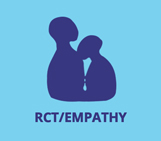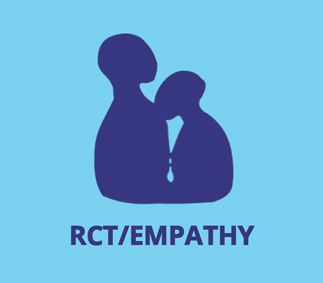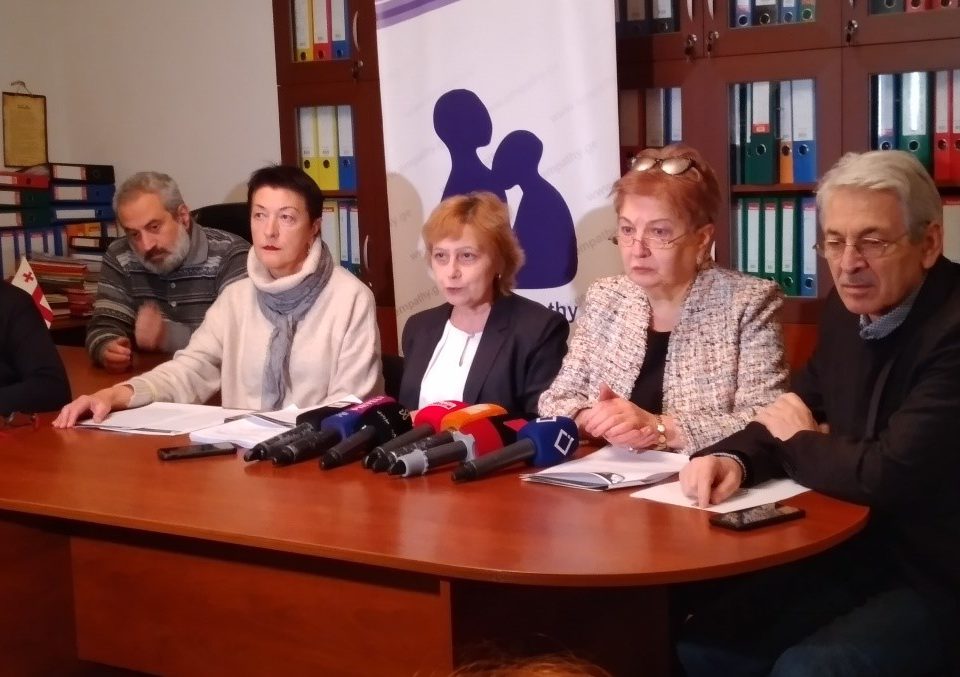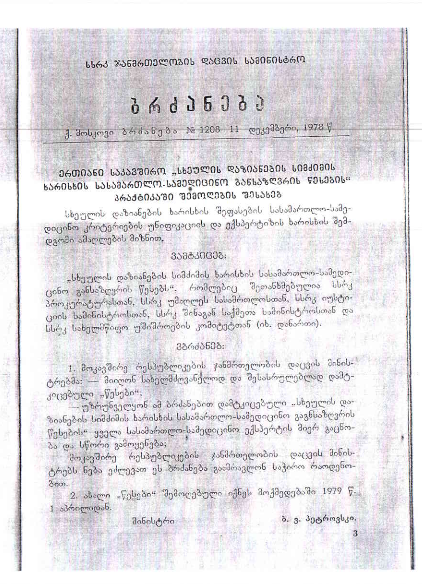- Hot Line
- + 995 599 88 54 68
- + 995 599 88 54 28

ცენტრი „ემპათია“ -ს პრეს – რელიზი 06/02/2023
February 6, 2023
ცენტრი “ემპათია”ს განცხადება Center “Empathy” statement
March 10, 2023Center “Empathy” Press Release 06/02/2023
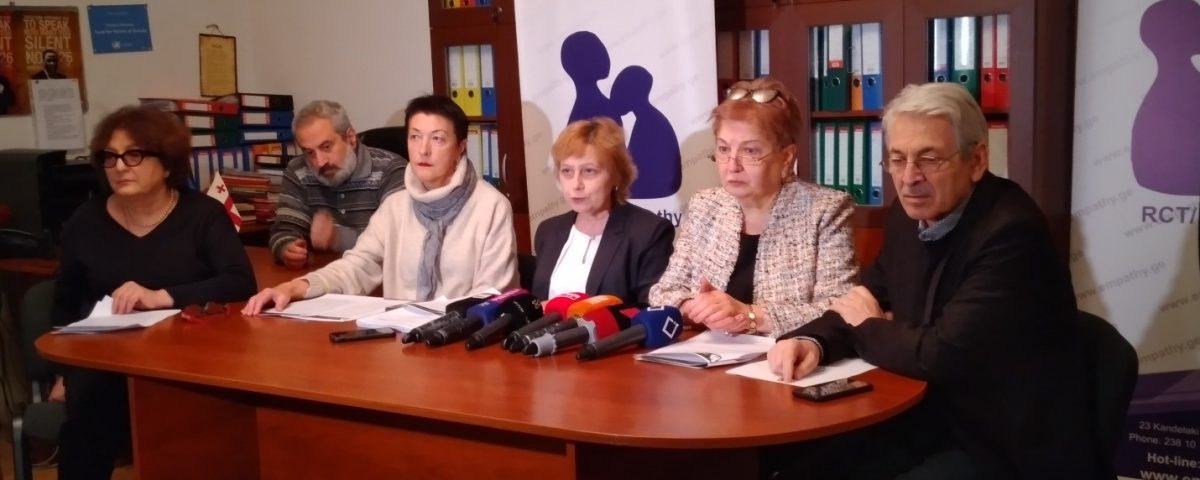
Centre Empathy’s Experts’ Conclusion on State Forensic Bureu – Samkharauli Expertise Report on Case of the imprisoned third president of Georgia Mr. Mikheil Saakashvili
Due to the high public interest, we once again respond to the briefing of the Minister of Justice Rati Bregadze, which he conducted on 26/01/2023.
The expert group of the “Empathy” center completed its work and handed over to the lawyers the expert commission forensic medical examination report of the “Empathy” center N02-02/23, which includes a review of the report issued by the Samkharauli National Bureau of Forensic Examination on Mikheil Saakashvili Health Condition N1008849922 (24/01/ 2023); It is clear from the Centre Empathy’s Report that the statement made by the Minister of Justice Rati Bregadze on 26/01/2023 about the conclusion and appendices of the “Empathy” center is not true and served as an attempt to damage the reputation of international and national experts. Samkharauli’s experts’ report is an attempt to distort the state of Mikheil Saakashvili’s health condition, is biased, subjective, and unqualified, and shows a subjective attitude and an attempt to compile. Accordingly, we consider the use of the mentioned conclusion as evidence in court inadmissible under the conditions of a fair court. The tendentious character of the conclusion and the argumentation devoid of evidence was confirmed by the questioning of two experts at the trial on 03/02/2023. The US international experts also presented an answer to the mentioned conclusion. The main conclusion of the “Empathy” center is also shared by the international forensic medical expert Professor Onder Ozkalipci, invited from Geneva, who is also a member of the scientific section “Psychological consequences and prevention of torture” of the World Psychiatric Association. His report will be presented to the court today.
According to the conclusion of the “Empathy” center on Samkharauli’s examination:
Chapter 3: Final Conclusions:
Thus, the expert group of the “Empathy” center does not share the conclusion of the National Examination Bureau of Samkharauli and does not consider it to be reliable and trustworthy.
- Thus, Samkharauli’s conclusion N1008849922 is based and analyzed not on the conclusion of the “Empathy” center and its appendices, but on other documents unknown to us.
- Involved experts are not familiar with the conclusion of the Center “Empathy”.
- Considering the questions asked to the experts and their unsubstantiated conclusions, we are dealing with subjective, biased conclusions. Gastroenterology: as of 28/11/2022, malabsorption is not diagnosed as a diagnosis, it is included in the risks together with cachexia, the mentioned risk is confirmed in the additional report of the “Empathy” center N 01-01/23, 25/01/2023; Neurology: Samkharauli’s conclusion contradicts the Order of the Minister of Health N01-6/N, Article N6 and is an attempt to change the interpretation of the order post-factum. Psychiatry: based only on the subjective opinion of one psychiatrist, without evidence, the opinion is based on the interpretation of such psychometric tests, which the expert himself has never used in the course of the examination, and do not represent the usual instruments of the psychiatric examination of Samkharauli.
- The chapter Circumstances of the case: does not reflect the structured directions given in the conclusion of the center “Empathy”: in the direction of gastroenterology, neurology and psychiatry, which makes it impossible to derive an opinion from the chapter “Circumstances of the case” of the Samkharauli expert report.
- Thus, an impression is created that the conclusion is tendentious and does not even reflect the reality presented by the documentation.
- It is not clear the role of the two forensic experts involved in the development of the report, given the scope of their competence
- In this way, the conclusion contains information selected in a uniquely cumulative manner
- In the conclusions and appendices of the Center “Empathy” in full, taking into account anamnestic/catamnestic (dynamics), clinical, psychometric, clinical-psychological data and laboratory-instrumental research data, the diagnosis was confirmed by four psychiatrists and two neurologists: unspecified dementia – F 03. , which is also confirmed in the December 6, 2022 conclusion of the Public Defender’s Expert Group (Conclusion N7), where a neurologist participated.
- According to the additional report of the “Empathy” center issued on 25/01/2023, N 01-01/23, which the experts of the “Empathy” center also confirmed during the trial, a diagnosis of clinical malabsorption K 90 (with the need for instrumental studies, which in the clinic “Vivamedi” has not been conducted, despite a number of recommendations of the “Empathy” center, which is also confirmed by the conclusion of Samkharauli), a diagnosis of cachexia R 64 was diagnosed in Empathy’s Supplement Report.
- With the conclusions and appendices, there are still neurological diagnoses: unspecified and specified encephalopathy, polyneuropathy, and myelopathy; ataxia is a constituent part of the mentioned pathologies, which cannot be denied by Samkharauli’s expertise. In this case, we are dealing with pronounced ataxia: due to the incoordination, need for a walking aid, help in self-care, there is also a disruption of mental functions, taking into account the diagnosis of unspecified dementia.
- Finally, Samkharauli’s expert report says nothing about other diagnoses and symptom complexes: unspecified fever, frequent urination, unspecified neuro-cognitive disorder, issues of intoxication and torture, ill-treatment, results of polypharmacy or ineffective treatment.
Center “Empathy” expert group:
Dr. George Berulava, Dr. Psychiatrist, Deputy Head of Centre Empathy
Dr. Mariam Jishkariani, Dr. Psychiatrist, Member, and Former Council Member of the World Psychiatric Association Scientific Section “Consequences of Torture and Persecution”, Head of Expertise
Dr. Galina Karmishina, Doctor of Forensic Medicine, forensic medicine expert
Dr. Levan Labauri, General Surgeon, Internist (Georgia/Germany), Doctor of Medicine
Dr. Otar Toidze, Professor, Dr. Neurologist
Dr. Lali Javashvili, Professor, Dr. Endocrinologist
Dr. Manana Kvartskhava, Dr. Gastroenterologist
